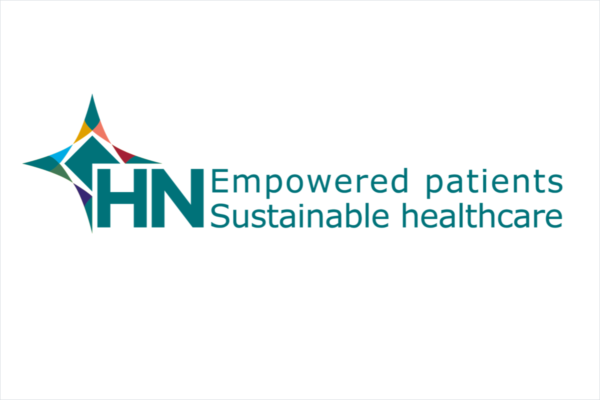
The challenge
Ever increasing demand for Urgent and Emergency Care is one of the most pressing problems for the NHS. The Health Foundation reported a 42% increase in non-elective spells between 2006 and 2018. NHS England’s own figures suggest that 24% of admissions and 40% of attendances are preventable. This means costs of up to £6bn a year for the NHS and hundreds of thousands of patients visiting A&Es around the country with preventable causes.
The solution
Using the broadest possible range of data, we refine algorithms to identify specific target outcomes e.g. patients at risk of spending three bed days or more in an acute hospital in the following six months. These patients are then referred to our nurse-led digital service – HN Clinical Coaching CARE which supports in stabilising patient’s condition(s) and empowers them to manage their illness. Furthermore, the nurse-led service helps in improving the patient’s understanding of their condition(s) and provides assistance in navigating the often-complex health care system.
This minimises the risk of unplanned care, reducing costs for this high need patients and freeing up much needed acute resources. The service has significantly improved patient activation and self-reported health outcomes and demonstrated a 34% reduction in A&E attendances and non-elective hospital bed days.
What the programme teaches you is that if you are brave enough to take control, you can make a tremendous difference. In my case, the impact has been quite dramatic, going from six attendances in a few month to zero since I onboarded the Health Navigator programme. Previously I was an asthmatic and now I am someone who happens to have asthma.
Tim, user with chronic asthma
The impact
Interim results from a 3,000-patient Randomised Control Trial run alongside the Nuffield Trust have shown:
- 34% reduction in A&E attendances and use of non-elective hospital bed days
- A decrease in non-elective admissions (-23.7%)
- 33% increase in patient activation (PAM 13) scores
- Increased patient-reported general health (+16%)
- 49% reduction in mortality rate